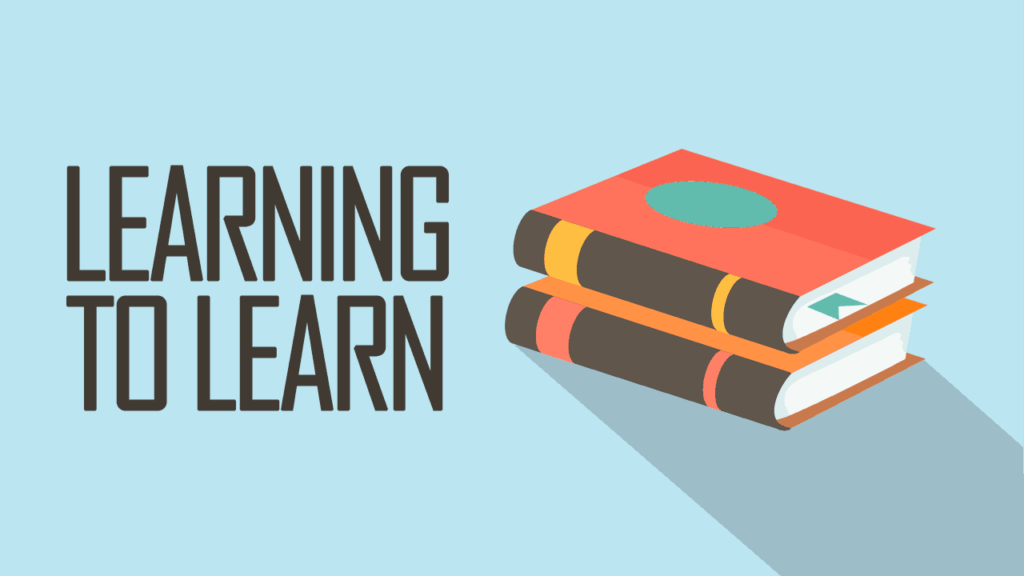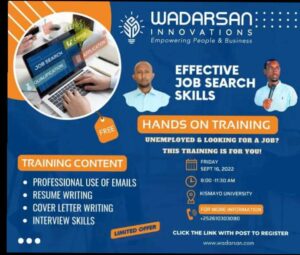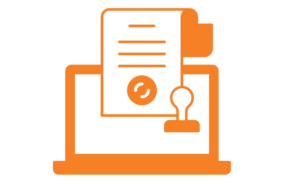
As a university student, learning is a crucial part of your academic journey. However, it’s not just about absorbing information but learning how to learn effectively. Developing efficient learning skills will help you retain knowledge better, achieve higher grades, and ultimately, excel in your career.
Here are some tips on how to learn how to learn:
1. Understand your learning style
Everyone has a unique way of learning. Some students learn better through visuals, while others prefer hands-on activities. Understanding your learning style is essential because it helps you tailor your study approach to what works best for you.
If you’re unsure about your learning style, try taking a learning style assessment online. Once you’ve identified your learning style, you can adjust your study habits to match it.
2. Develop a study plan
A study plan is an organized schedule that outlines what you need to study and when. It helps you manage your time effectively and ensure that you cover all the necessary topics.
When creating a study plan, consider your learning style and personal preferences. For example, if you’re a visual learner, you may want to incorporate diagrams or infographics into your study plan.
3. Use active learning techniques
Active learning involves engaging with the material actively, rather than just passively reading or listening. Active learning techniques include things like taking notes, asking questions, and creating study aids like flashcards.
Active learning is more effective than passive learning because it helps you engage with the material on a deeper level, leading to better understanding and retention.
4. Take breaks
It’s essential to take breaks regularly when studying to prevent burnout and improve productivity. Taking a break every hour or two can help you stay focused and retain information better.
During your breaks, try to do something unrelated to studying, like going for a walk, exercising, or socializing. This will help you recharge and come back to your studies refreshed.
5. Use technology to your advantage
Technology can be a valuable tool for learning. There are many online resources available, such as video lectures, podcasts, and online courses.
Additionally, there are many apps and tools that can help you study more efficiently, such as flashcard apps, note-taking apps, and productivity apps like Pomodoro timers.
6. Seek help when needed
If you’re struggling with a particular subject or concept, don’t be afraid to seek help. Many lecturers offer students a chance to answer questions during office hours.
Additionally, there are many online resources available, such as forums and study groups, where you can ask questions and get help from other students.
In conclusion, learning how to learn is an essential skill for university students. Understanding your learning style, developing a study plan, using active learning techniques, taking breaks, using technology to your advantage, and seeking help when needed can all help you become a more effective learner. By incorporating these strategies into your study routine, you can improve your academic performance and achieve your goals.
Post by: Mohamed R. Durre








